Litigation, Statement of Claim, Notice of Appeal


The procedures for commencing civil litigation may be different for different jurisdictions. In general, the Rules of Court in most common law jurisdictions, allow for two modes of commencing civil proceedings:
Most civil actions begin by way of a Writ of Summons. A Writ of Summons is an official document for the defendant, requiring him to appear in court to dispute the plaintiff’s claim.
Civil lawsuits involving disputes of substantive facts are initiated by way of writs. These include, but are not limited to:
Before issuing a writ, the plaintiff should determine the defendant's name and last known address. If the defendant is a corporation / limited company, the plaintiff should conduct a search to obtain the latest information on the company's name and registered office. If the defendant is a company (sole proprietorship or partnership), the plaintiff should conduct a business registration search at the tax bureau to determine the firm's name and principal place of business.
Sample summons can generally be downloaded from the website of the relevant courts. When a writ is issued, the plaintiff must endorse the claim detailing the legal basis and facts of the claim, and the relief and remedy the plaintiff is seeking. The summons must be issued and filed with the court registry.
Each writ must be accompanied by three acknowledgements of service. The plaintiff is responsible for serving the defendant on the summons writ and the three acknowledgements of service. Generally, one can serve a summons on a defendant in person or by registered post.
If the defendant is a limited company, the plaintiff may send the summons to the company's registered office or leave the summons at the company's registered office to serve the summons. If the defendant is a partnership, the plaintiff may serve a subpoena on any one or more partners, or anyone who controls or manages the business at its principal place of business. In general, a plaintiff cannot serve a summons on a defendant outside of the jurisdiction unless the court has obtained permission.
An originating summons is usually applicable to a case where there is little or no factual dispute, and the parties only raise legal issues or explanations of certain provisions in legal documents for the court to decide. Originating summons is typically issued for the following actions:
The plaintiff should set out in the originating summons a concise statement of the questions which the plaintiff seeks the court to decide or answer, or, a statement of the relief or remedy claimed (where appropriate). The originating summons should also contain sufficient particulars to identify the cause of action in respect of the claim. The procedures for filing and serving an originating summons are similar to those for filing and serving a writ of summons.
A defendant who has been served with an originating summons must acknowledge service of the summons as if it were a writ. If the defendant does not file an acknowledgement of service form within the required time, or if in the acknowledgement of service form the defendant states that the proceedings are not contested, the plaintiff still has to proceed to court to have the matter heard. The court will give relief to the plaintiff if it is satisfied that the plaintiff is entitled to such relief. If the defendant has filed an acknowledgement of service, both the plaintiff's originating summons and the defendant’s defence should be supported by an affidavit or affirmation of evidence.
Compared with a subpoena, an originating subpoena is a simpler and faster dispute resolution process because it is generally determined by the affidavit filed and does not involve a pleading or many intermediate procedures.
If the plaintiff or defendant is not satisfied with the decision of the lower court judge, they can apply to the judge for leave to appeal (where required). If a judge refuses to grant leave to appeal, the parties can apply to a higher for that leave. After obtaining permission from the court, or when the appellant has the right to appeal without obtaining prior permission, the appellant shall:
The documents to available on DocPro for Civil Litigation. The following table is a quick reference guide:
|
Documents |
When to Use |
|
Letter before Action |
A letter of ultimatum before taking legal action. This is to be sent after the first letter if the defendant does not offer solutions/compensations / deny liabilities. |
|
Writ of Summons / Originating Summons |
Writ of Summons / Originating Summons issued by Plaintiff against Defendant in a claim for the Court to make a determination. |
|
Application Notice to Court |
Application Notice to Court is a document in which the applicant states his intention to seek a court order. It replaces Summons in certain jurisdictions. |
|
Statement of Claim |
Statement of Claim of the Plaintiff against Defendant relating to a claim to be filed in Court. |
|
Notice of Writ / Originating Motion |
Notice of Writ / Originating Motion issued by an Applicant through an Application to the Court to be served on the Respondent. It is an alternative to writ where there is no defendant in the proceeding. |
|
Witness Statement |
A witness statement is to be filed in court. This is not sworn under oath as opposed to an Affidavit / Affirmation. |
|
Affidavit / Affirmation |
Affidavit / Affirmation filed by a Plaintiff / Defendant / third party who is not the Plaintiff / Defendant in support of/in opposition to a court summons. |
|
Schedule of Medical Reports |
A schedule of medical reports to be filed by Plaintiff. It lists out a description of the medical reports that accompany this document and is filed with the supporting documents alongside the writ. |
|
Notice to Insurer |
A Notice to Insurer is to be filed when Plaintiff commences proceedings against Defendant. |
|
Affidavit / Affirmation of Service of Originating / Writ of Summons |
Affidavit / Affirmation filed by Plaintiff / Plaintiff's agent in relation to the service of other documents to Defendant. |
|
Acknowledgement of Service of Writ of Summons |
Acknowledgement of Service of Writ of Summons by the Defendant. Must acknowledge indicating if he or she wishes to defend the action and file it with the Registry within 10-14 days of service. |
|
Affidavit / Affirmation to Court Summons |
Affidavit / Affirmation filed by the Defendant in opposition to a court summons. |
|
Defense and Counterclaim |
Statement of Defence and Counterclaim of Defendant against Plaintiff relating to action from Plaintiff. |
|
Reply and Defence to Counterclaim |
Reply and Defence by Plaintiff to Counterclaim from Defendant relating to relating to claims by Defendant. |
|
Brief to Counsel |
Brief to Legal Counsel (Barrister) on an Action, generally prepared by the Solicitor. |
|
Documents List |
List of Documents to be filed in court, including objection to producing documents and explanation on why certain documents are missing. |
|
Timetabling Questionnaire to be filed after the close of pleadings |
A questionnaire is to be filed with the court to assist in the timetabling of the case. Also useful as a checklist for trial. |
|
Order of Directions of the Court |
The general form of an order for directions is given by the court. |
|
Notice of Court Order |
Notice of Court Order to inform/enforce against any interested parties. |
|
Notice of Appeal |
Notice of Appeal to be filed at an appellant court appealing for decision/judgment/order made by a lower court. |
|
Respondent's Notice to Appeal |
Respondent Notice to contend that the decision below should be varied, or affirmed on different grounds or bring a cross-appeal against the decision. |
|
Index to Appeal Bundle |
Sample of an index of a bundle of appeal to be used in the court of appeal. |
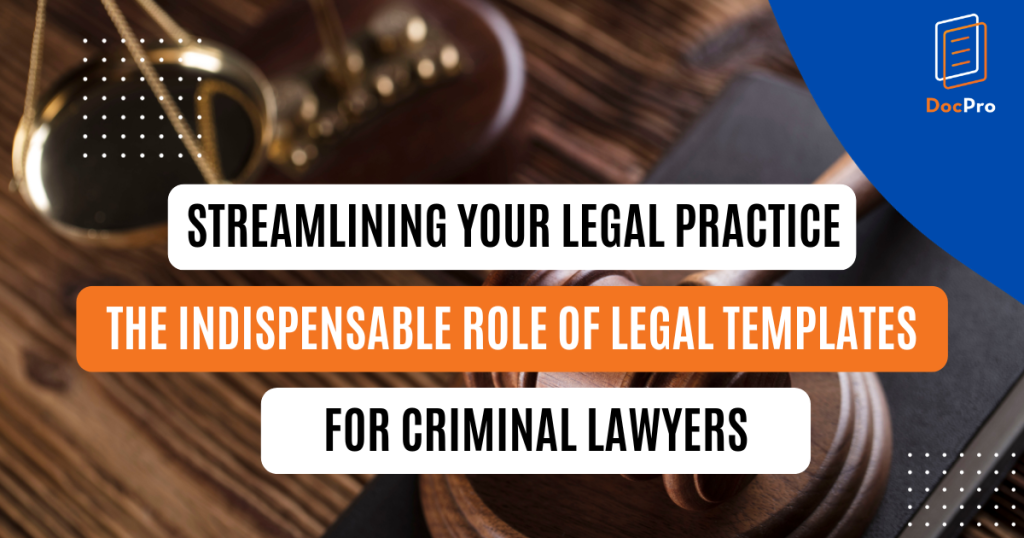
3 Oct 2023
3 min read

29 Jun 2023
4 min read
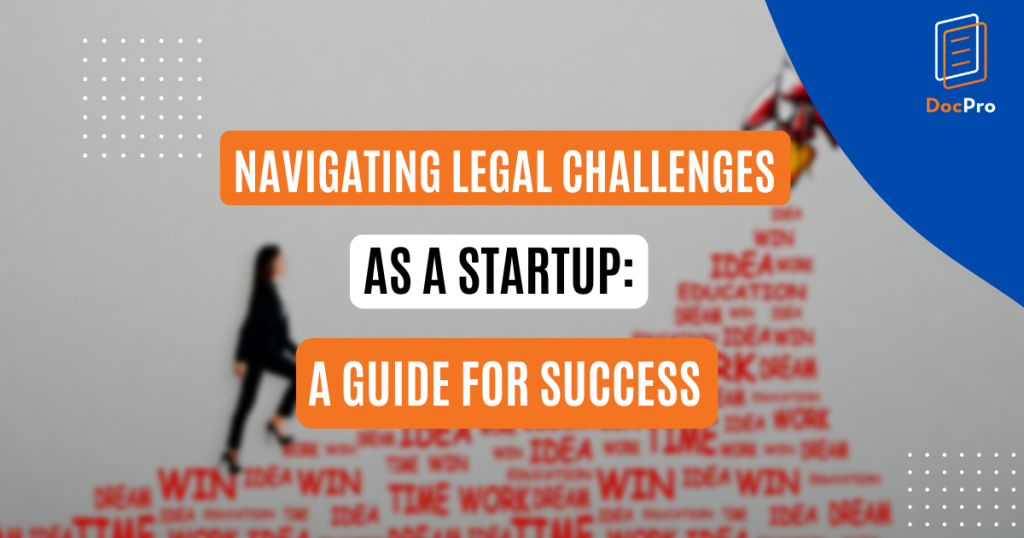
24 May 2023
5 min read

13 Nov 2022
6 min read

3 Jan 2022
5 min read

12 Mar 2021
5 min read

29 Jan 2021
6 min read

22 Jan 2021
6 min read

15 Jan 2021
6 min read

28 Sep 2020
8 min read
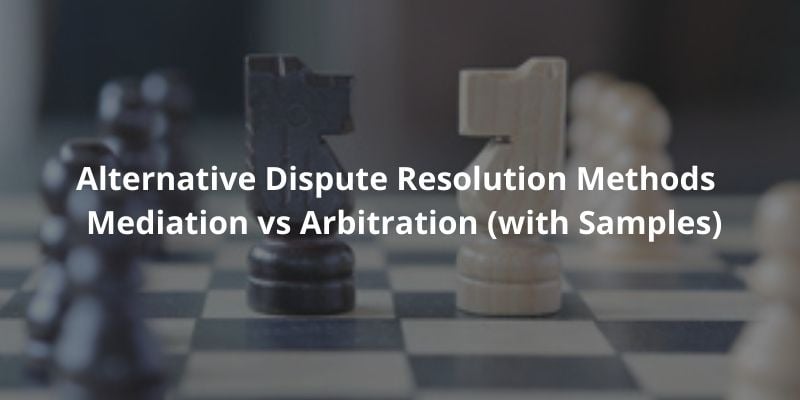
2 Jun 2020
11 min read

1 Mar 2020
11 min read
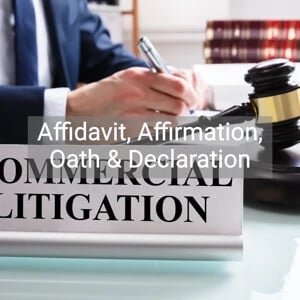

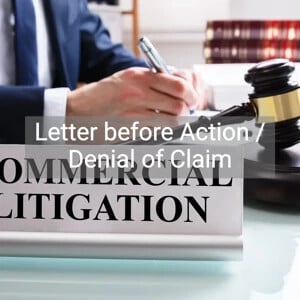
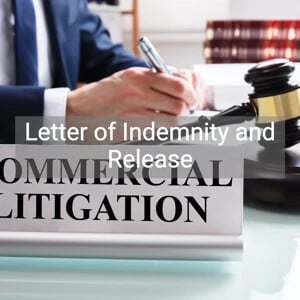
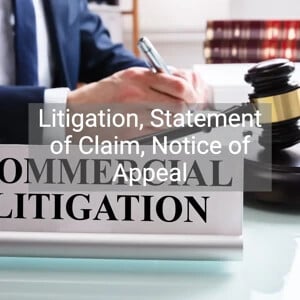
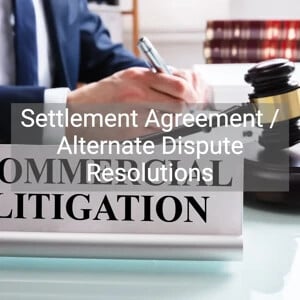
Not the right document?
Don’t worry, we have thousands of documents for you to choose from: